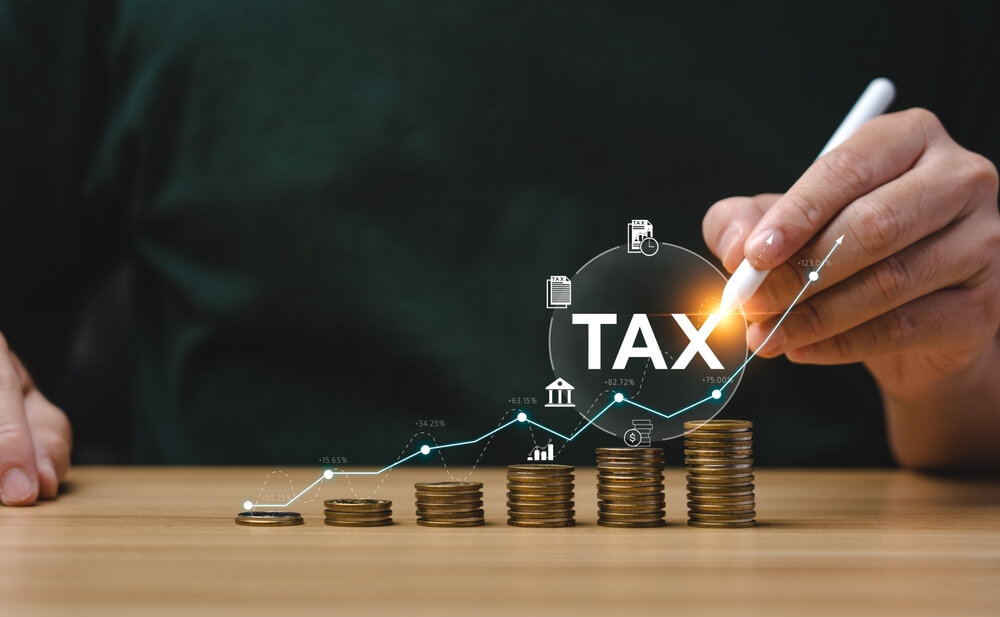Owning a Toronto Airbnb can be profitable, but only if you understand your tax responsibilities. Whether you’re listing a downtown condo or a laneway suite, staying informed about your Airbnb tax obligations in Toronto will help you keep more of what you earn and avoid penalties. Let’s explore what hosts need to know in 2025.
How to Calculate Airbnb Income in Toronto
Start by tracking your total rental income. This includes nightly rates, cleaning fees, pet fees, and any other charges billed to the guest. Even refunded deposits or guest-paid utilities should be logged. Using digital tools or spreadsheets helps ensure accuracy and compliance with Canada Revenue Agency (CRA) requirements.
Deductions Toronto Airbnb Hosts Can Claim
Airbnb income qualifies you to deduct certain expenses. Allowable deductions include furniture, cleaning supplies, and utility costs — provided they directly support the Airbnb unit. Some commonly deductible items:
- Bedding, towels, and linens
- Toiletries (soap, shampoo, etc.)
- Cookware, plates, and utensils
- Lockboxes, keys, and smart locks
- Laundry detergent and cleaning products
- High-speed internet and utility bills
- Cleaning services and property maintenance
If you rent out part of your primary residence, you can also deduct a portion of home insurance, property taxes, and mortgage interest. Always keep receipts, invoices, and contracts on file. The CRA may request proof.
How Much Can You Deduct?
You can only deduct expenses tied to your Airbnb activity. Expenses must be business-related. You can’t write off your personal groceries or Netflix subscription — but you can deduct marketing costs, professional photography, guest welcome gifts, and more.
If you live in the property part-time, you’ll need to prorate your expenses based on the square footage used or the time it was rented. This ensures your deductions are proportional and defensible if audited.
Get more information about Toronto’s short-term rental regulations.
Claiming Deductions Against Airbnb Rental Income
Rental income from Airbnb must be reported to both the federal and provincial governments. To reduce your taxable income, subtract only the eligible expenses from your gross income. This allows you to lower your tax bill while remaining fully compliant legally.
Also, consider depreciation. Capital Cost Allowance (CCA) lets you gradually deduct a portion of your property’s value over time. Consult a tax professional to see if this long-term tax benefit suits your situation.
GST/HST and Airbnb Hosts in Toronto
If your Airbnb revenue exceeds $30,000 annually, you must register for a GST/HST number and begin charging booking tax. You must collect and remit 13% HST (Ontario rate) and file returns regularly.
Airbnb has already collected and remitted the Municipal Accommodation Tax (MAT) on your behalf. Toronto’s MAT rate is 6% of the listing price, including cleaning fees, for stays under 28 days. This is applied automatically to guest invoices and doesn’t require you to take action.
Important Airbnb Tax Numbers to Know
- Airbnb’s CRA Business Number: 723689006 RT0001
- MAT Rate in Toronto: 6% on bookings under 28 nights
- GST/HST Registration Threshold: $30,000 in gross annual rental revenue
Tips to Stay Compliant as a Toronto Airbnb Host
- Keep detailed records: Store receipts, bank statements, invoices, and booking history.
- Use accounting software: Tools like QuickBooks or Wave make tax time easier.
- Track occupancy and booking platforms: Platforms like Booking.com or VRBO may not collect MAT automatically like Airbnb does.
- Consult a tax advisor: A licensed accountant can help you maximize deductions and file accurately.
Conclusion: Plan to Maximize Your Airbnb Earnings
Toronto is a thriving market for Airbnb hosts, but smart tax planning is key to long-term success. Keep organized, claim your eligible expenses, and know when you need to register for HST. Staying proactive will help you minimize surprises and maximize profitability.
To make taxes easier and improve performance, consider Airbnb Management Toronto services that handle guest communication, property care, financial reporting, and compliance. Professional help can free you up to focus on growing your real estate income confidently.
